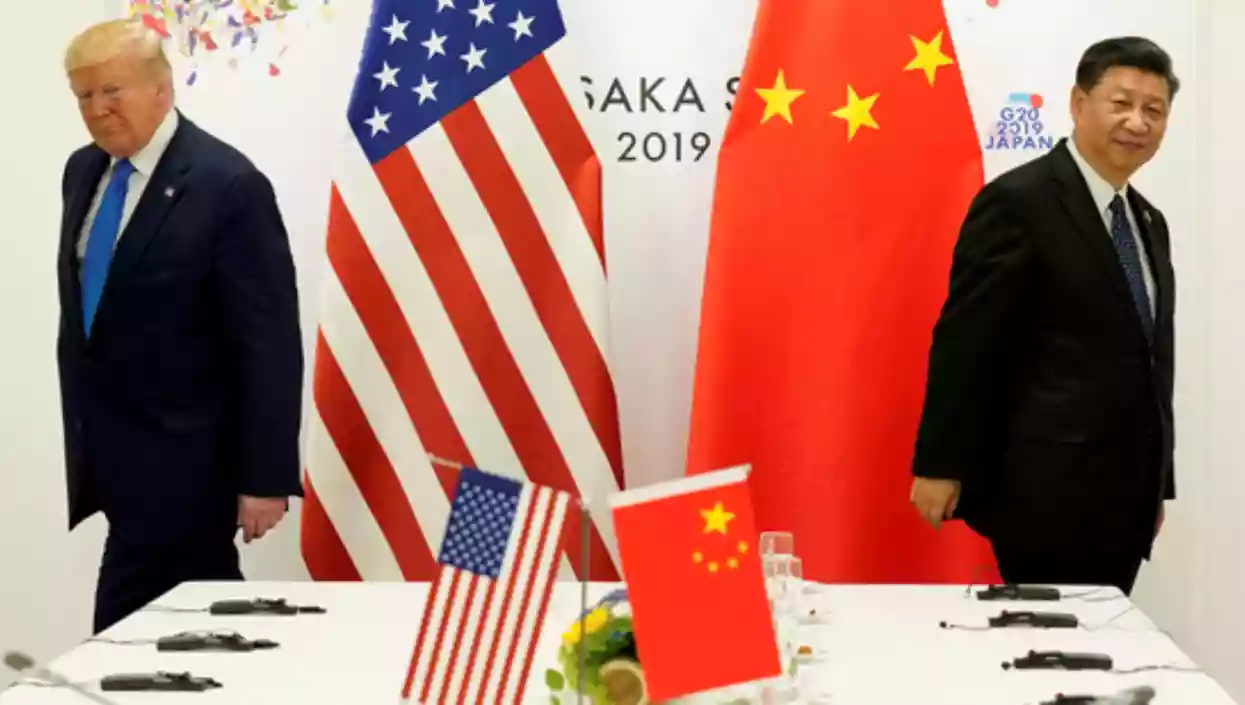Protests erupt outside Kasba Police station as 3 arrested in alleged Kolkata college gang rape
.gif)
.gif)

China has responded strongly to US President Donald Trump's latest tariff spree, announcing a sweeping 34% tariff on all US goods, effective from April 10, in what is shaping up to be a new chapter in global trade tensions.
The move comes just days after Trump imposed steep tariffs on imports from multiple nations, including China, Vietnam, India, and the European Union. Trump claimed the tariffs, which range from 10% to 49%, were designed to protect American manufacturing and “end decades of exploitation.”
In a simultaneous blow, China's Ministry of Commerce also introduced export restrictions on key rare earth materials — essential to high-tech industries like semiconductors and electric vehicles — beginning April 4. These include medium and heavy rare earths, crucial components in military technology and clean energy systems.
Beijing isn’t stopping at tariffs. The Chinese government is blacklisting 27 US companies, placing them under trade sanctions and export controls, according to reports by the Associated Press. These companies, likely in the defense, tech, and energy sectors, will face tougher regulatory scrutiny when dealing with Chinese entities.
Additionally, China is filing a formal complaint with the World Trade Organization (WTO) against the US, arguing that Trump’s protectionist tariffs breach international trade rules. This legal challenge adds a diplomatic layer to an already tense situation that’s alarming global markets.
Earlier this week, Trump announced a 26% tariff on Indian imports, 46% on Vietnam, 10% on the UK, 20% on the EU, 25% on South Korea, and a massive 49% on Cambodia — with China getting slapped with a 34% duty on top of existing tariffs. According to Bloomberg, combined US tariffs on Chinese goods now average around 65%, rekindling fears of a prolonged trade war that could rattle global supply chains.
In his speech at the White House, Trump justified the aggressive tariff regime by stating, “Taxpayers have been ripped off for more than 50 years... but it is not going to happen anymore.”
As both superpowers dig in, global businesses and consumers are bracing for the fallout — from rising costs of electronics and automobiles to delays in high-tech production lines dependent on Chinese rare earths and American software.